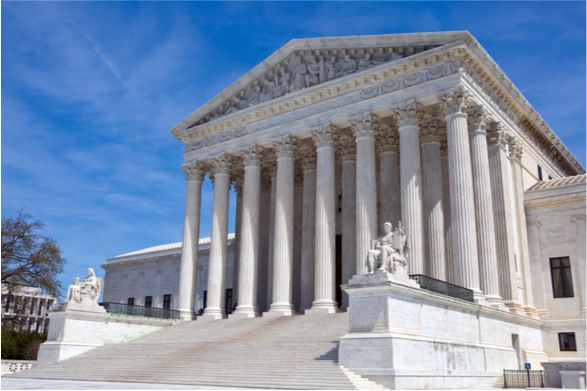This week in a fractured decision in Department of Commerce v. New York the Supreme Court sent back to the Department of Commerce the census question on citizenship.
Chief Justice Roberts first made clear that the Department could constitutionally ask a question about citizenship on the census. The enumeration clause, a majority of the Court found, permits the Department of Commerce “to inquire about citizenship on the census questionnaire.” Since 1790, the census has asked questions about matters as varied as sex, marital status, health, profession, literacy, and value of real estate owned. Since 1820, Congress has sought or permitted the Secretary to ask questions about citizenship. The history of the census established that all “three branches of government have understood the Constitution to allow Congress … to use the census for more than simply counting the population” and specifically for “information gathering purposes.”
One would think that would end the matter. Instead, however, the Chief Justice writing for a different five justice majority concluded that, although it was perfectly constitutional to include a question about citizenship on the census, the census must still be sent back to the Department of Commerce because the Court was not convinced of the sincerity of the agency’s otherwise legally sufficient rationale. The Court found the agency’s reasons for wanting citizenship information—to help enforce the Voting Rights Act—“pretextual,” the legal term of art for a lie—because viewing the “evidence as a whole” that explanation “seems to have been contrived.”
As Justice Thomas pointed out in dissent, the Supreme Court has never before struck down agency action as being “pretextual.” And for good reason. It is blackletter administrative law that an agency decision must be upheld under the APA if the agency examined the data and articulated a satisfactory explanation for its action. Further, the agency may have other, unstated reasons for undertaking certain agency action. Under these principles, this case should have been an easy one. Indeed, the Court acknowledged that “no particular step” in the record below “stands out as inappropriate or defective” after reviewing all of the evidence in the record. Given that acknowledgement, the Court’s delving into the Secretary’s motivation is extraordinary.


